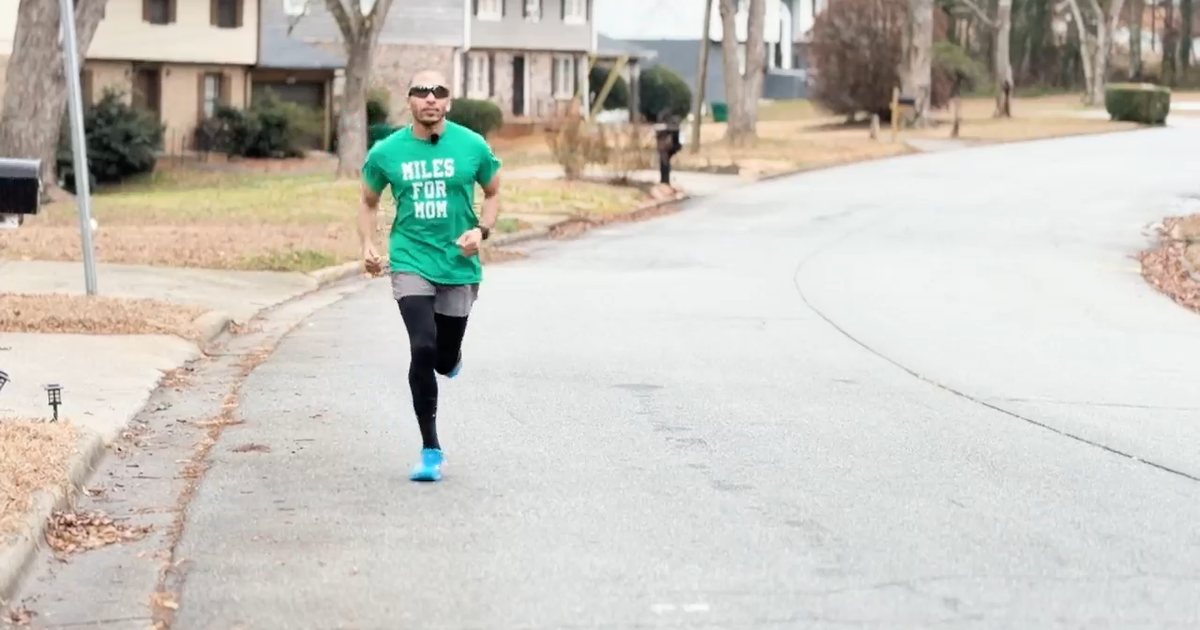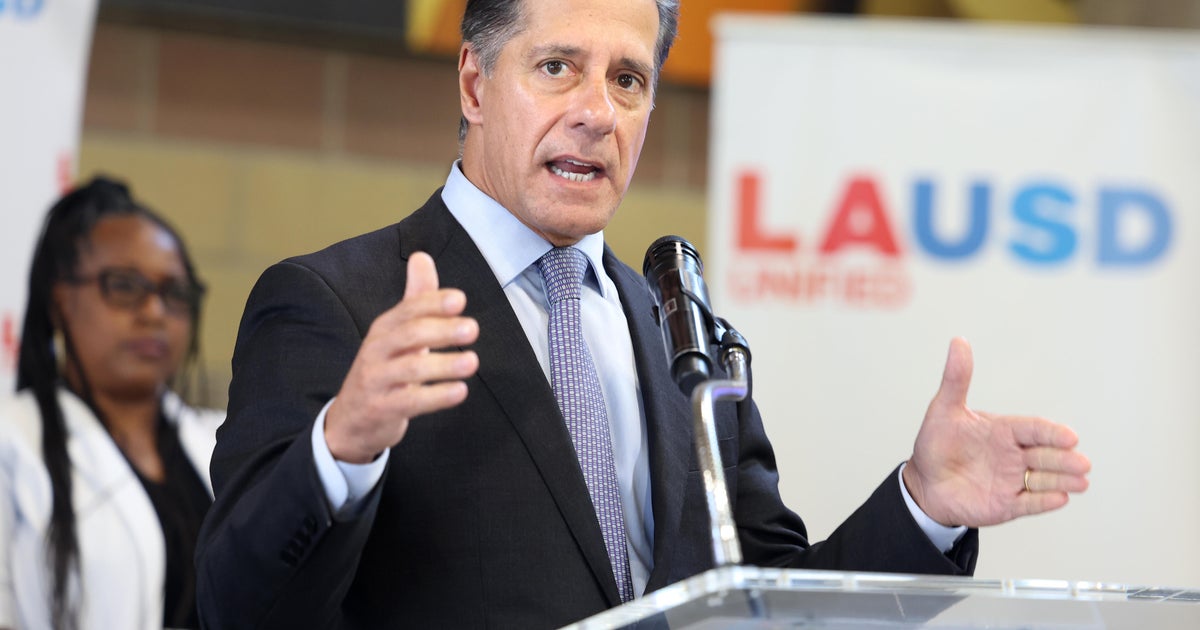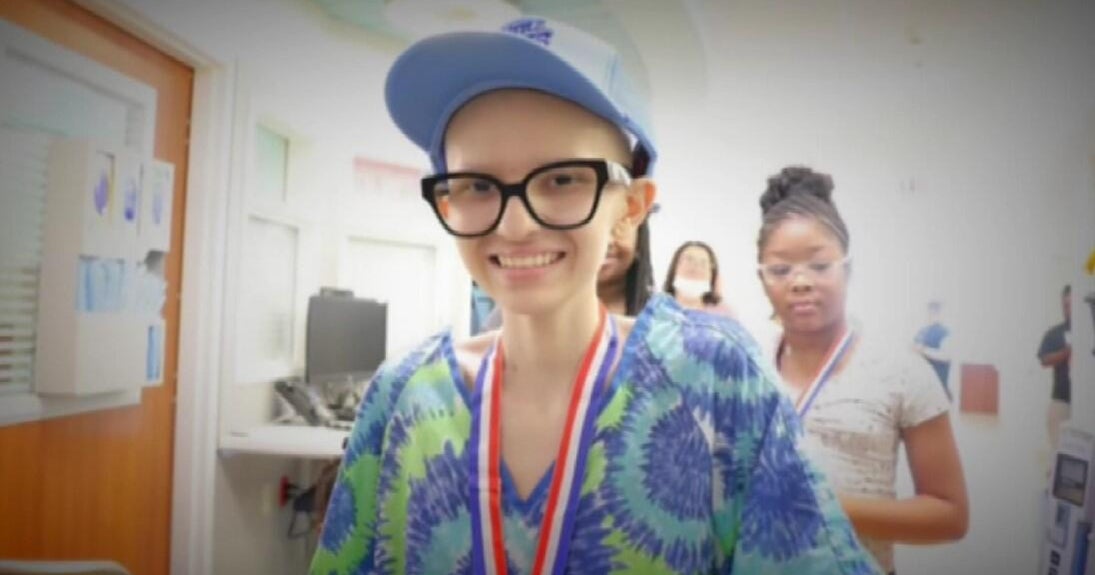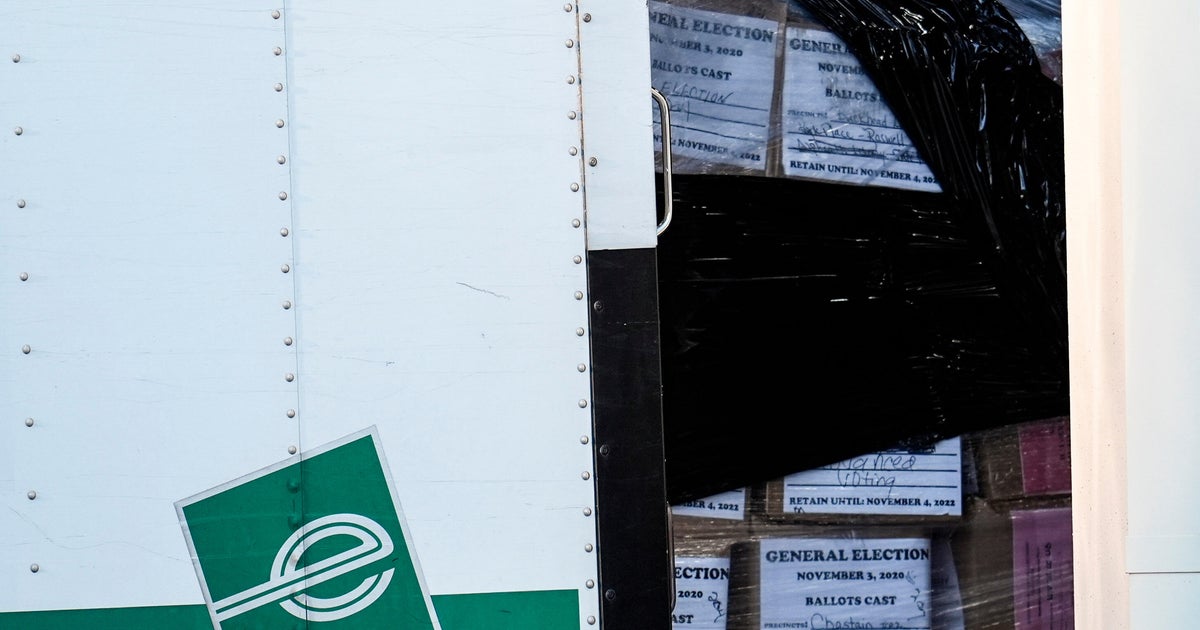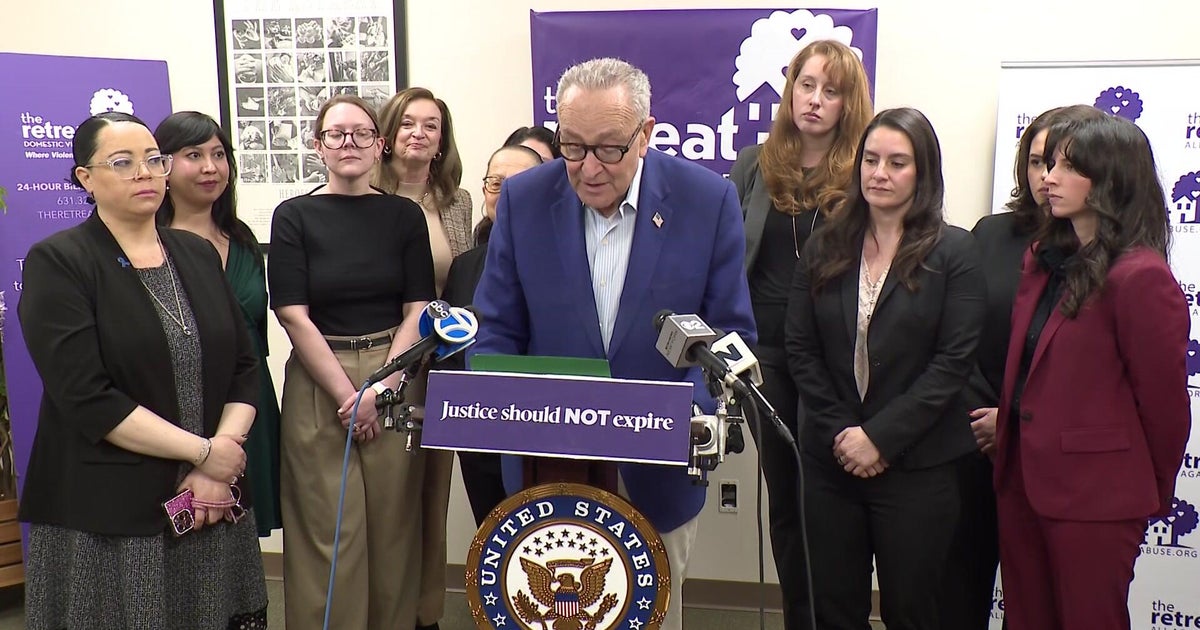Federal Regulators Approve First-Of-Its-Kind Breast Cancer Gene Test
NEW YORK (CBSNewYork) -- U.S. regulators have approved a first-of-its-kind genetic test to detect breast cancer, but there are certain things the test isn't able to tell.
Genetic testing for diseases is a complicated matter, since very few are caused by a single gene mutation. The vast majority of diseases, including breast cancer, are the result of many genes interacting with the environment.
It's why the Food and Drug Administration will require warnings so that consumers understand the limitations of the new test.
Inside the labs at 23andMe, technicians process thousands of saliva samples -- all of them from people who used the take-home kit to get genetic information about their ancestry or health.
CEO Anne Wojcicki described how her company had gotten FDA approval to test for genetic mutations of 36 different diseases.
"We're the only FDA approved direct-to-consumer genetic testing product that is authorized to give you back carrier status," she told CBS2's Dr. Max Gomez over two-and-a-half years ago.
Now, the FDA is allowing 23andMe to test for mutations in BRCA, the so-called breast cancer genes.
"They are applicable primarily to people of Ashkenazi Jewish ancestry, so that's an important limitation of the test," Dr. Emily Drabant-Conley said.
But 23andMe only tests for three of the more than 1,000 known BRCA mutations, and those are only seen in a very small percentage of the population. Experts fear home users could misunderstand their genetic test results.
"People will misunderstand and believe that because they test negatively, that is, they don't test positive for any of the 3 BRCA genes that are being tested by the company, that that means they have a clean bill of health," Stanford bio-ethics professor Dr. David Magnus said.
Company reps say it's something they've worked through with the FDA.
"23andMe has had to show that people could understand this information receiving it directly rather than receiving it through a health care provider," Dr. Drabant-Conley said.
Still, even if a woman does have one of those three mutations, it doesn't mean that she will definitely get breast cancer -- only that her chance of developing the disease by age 70 is between 45 and 85 percent compared to about 12 percent for the general population.
Myriad Genetics, the company that originated the BRCA testing, told CBS2 that they do test for thousands of BRCA variants and results are delivered in consultation with a healthcare professional.
The test costs a couple-thousand dollars and is often covered by insurance. 23andMe costs $200 but isn't covered.
